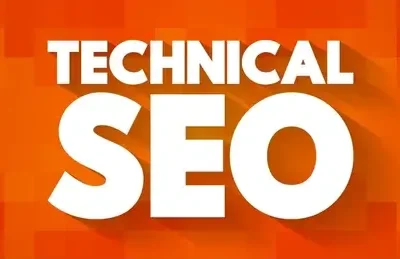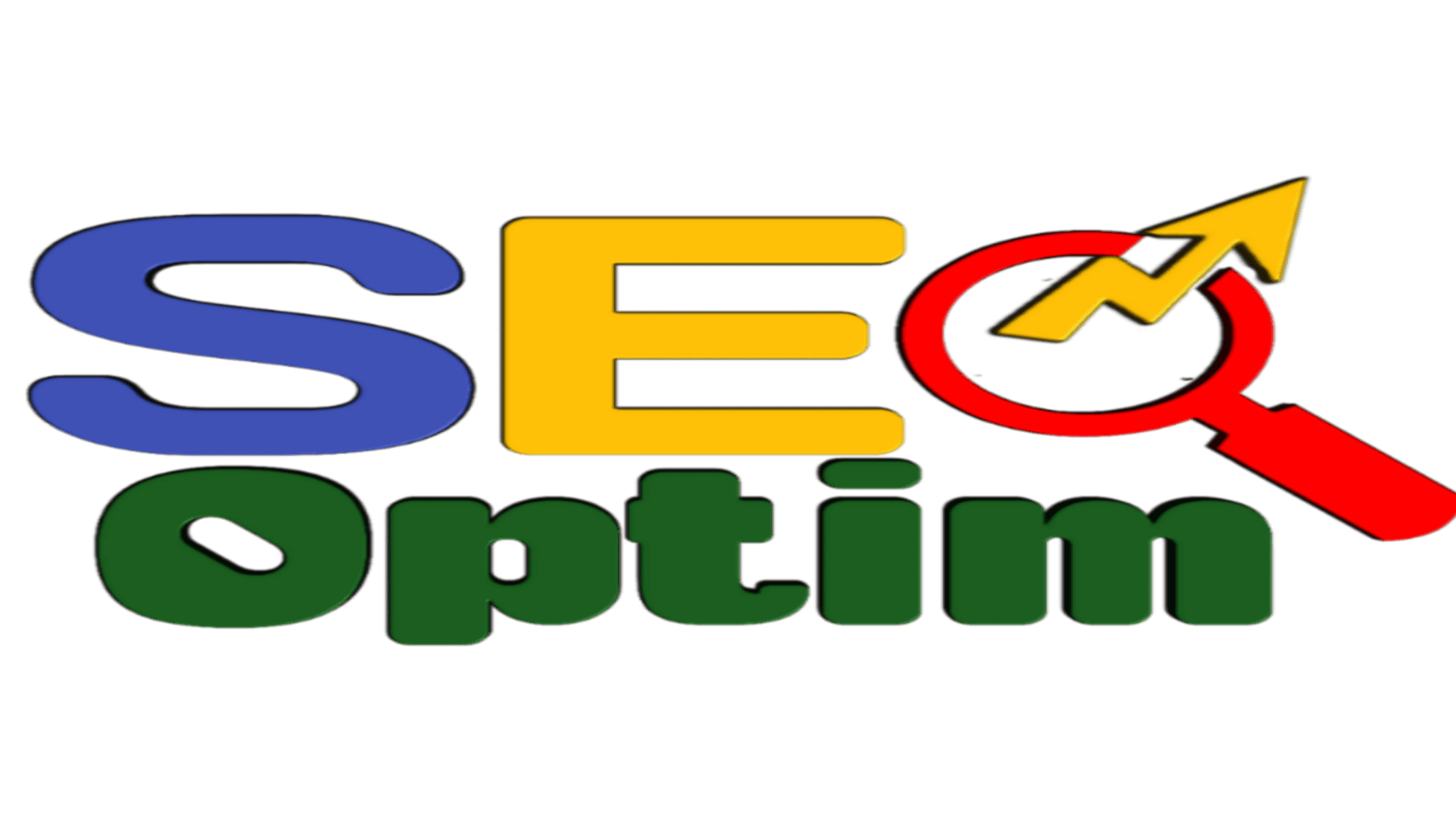Welcome to Optim SEO’s blog, your compass in the intricate world of technical SEO. In this digital realm, understanding the nuances of technical SEO isn’t just an advantage; it’s essential for online success. In this article, we’ll dissect the core concepts, the importance, techniques, and the perceived complexity of technical SEO that elevate your website’s performance and visibility.
Let’s dive into the strategies as we decode the complexities and reveal the tools and techniques to promote your website.

What is technical SEO?
Technical SEO involves optimizing your website for search engine crawlers. It’s the art of ensuring that search engines can access, crawl, interpret, and index your website without any hitches. This optimization process focuses on the technical aspects of your site, enhancing its visibility and usability in the eyes of search engines.
How important is technical SEO?
Technical SEO forms the backbone of your online presence. Imagine having a beautifully designed website with stellar content, but search engines need help navigating it efficiently. Technical SEO bridges the gap between design and functionality, ensuring that your website looks good and is easily understandable by search engine algorithms. It impacts your site’s loading speed, mobile-friendliness, security, and overall user experience – factors that search engines consider when ranking websites.
Is technical SEO difficult?
While technical SEO might sound complex, it’s manageable. With the proper knowledge and guidance, businesses of all sizes can optimize their websites effectively. It’s about understanding the intricacies of website architecture, enhancing site speed, fixing crawl errors, optimizing for mobile devices, and ensuring secure connections. By breaking these tasks into manageable steps, technical SEO becomes a navigable terrain rather than a daunting challenge.
What are technical SEO techniques?
In the ever-evolving digital marketing landscape, technical SEO techniques are the invisible architects that build solid online foundations. These techniques are the building blocks of a successful online presence, from optimizing URL structures to ensuring a mobile-friendly design page speed and implementing hreflang tags.
URL structure
One of the fundamental elements of technical SEO is optimizing your website’s URL structure. A clean, well-structured URL provides a roadmap for users and helps search engine crawlers understand your site’s hierarchy. Concise, descriptive URLs are user-friendly and SEO-friendly, facilitating better indexing and ranking.
Search engines can crawl it.
Ensuring that search engines can easily crawl and index your website is vital. Techniques like robots.txt files and meta tags guide search engine spiders, helping them access and understand your content. This enhances your site’s visibility in search results.
Increase page speed
Page speed directly impacts user satisfaction and search rankings. Slow-loading pages can deter visitors, lead to high bounce rates, and adversely affect your search engine rankings. SEO techniques like image optimization, browser caching, and minimizing HTTP requests are crucial for speeding up your website and keeping visitors engaged.
Website is mobile-friendly
With the increasing use of mobile devices, having a mobile-friendly website is imperative. Mobile optimization techniques involve responsive design, mobile-friendly navigation, and accelerated mobile pages (AMP) that enhance user engagement and bolster your SEO efforts.
It has structured data.
Structured data, in schema markup, provides search engines with additional context about your content. This can lead to rich search results, including featured snippets, knowledge panels, and more. This vital technique refines how search engines interpret your data.
Could you fix duplicate content issues?
Duplicate content can confuse search engines and lead to ranking issues. SEO techniques involve implementing canonical tags, 301 redirects, and setting preferred domains to address the same content effectively.
Could you fix the dead link issues?
Broken links not only harm user experience but also hinder search engine crawlers. Techniques like regular link audits and implementing 301 redirects for broken links are essential for maintaining a healthy website and a seamless user experience.
It has an XML sitemap.
XML sitemaps act as a roadmap for search engine crawlers. They provide a list of all your website’s pages, making it easier for search engines to discover and index your content.
Use hreflang for multilingual websites.
For multilingual websites, hreflang tags are crucial. They tell search engines which language and region you target, ensuring users find the most relevant content based on location.
- Aleyda Solis’ hreflang tags generator tool: Simplifying multilingual SEO
Aleyda Solis’ hreflang Tags Generator Tool is a valuable resource for implementing hreflang tags accurately. This tool streamlines the creation of hreflang tags for multiple language and regional variations.
Do you know which technical SEO tool to use?
Selecting the right technical SEO tool is akin to choosing a reliable compass in uncharted territory. Each tool mentioned here offers unique insights, catering to diverse needs. As you begin your SEO journey, please consider your objectives, budget, and the depth of analysis you need. With the right tool, you’ll unravel the mysteries of your website’s performance and pave the way for sustainable online success. However, the choice can be daunting with many technical SEO tools available. Fear not; we’ve curated a detailed guide to help you navigate this intricate landscape and select the ideal specialized SEO tool tailored to your needs.
1. Google Search Console:
At the heart of every SEO endeavor lies Google Search Console. This free tool by Google provides essential insights into your website’s performance, indexing status, and search queries. Its user-friendly interface and direct connection with Google make it indispensable for web admins.
2. Ahrefs:
Ahrefs stands as a powerhouse in the realm of SEO tools. Its backlink analysis, keyword research, and site audit features empower marketers to unravel their competition’s strategies. Ahrefs’ vast database and intuitive interface make it a go-to for in-depth SEO analysis.
3. Semrush:
Semrush transcends mere keyword research; it offers a holistic view of your website’s online presence. From SEO to content marketing and social media management, Semrush provides comprehensive data to formulate a well-rounded digital strategy.
4. Moz:
Moz is synonymous with SEO expertise. Its Moz Pro toolset encompasses site audits, keyword tracking, and backlink analysis. Moz’s Domain Authority metric is an industry standard for assessing website credibility, aiding marketers in making informed decisions.
5. PageSpeed Insights:
Google’s PageSpeed Insights is indispensable for optimizing your website’s loading speed. In the age of instant gratification, a swift website enhances user experience and boosts search engine rankings. PageSpeed Insights offers actionable suggestions for faster page loading.
6. Meta SEO Inspector Chrome Extension:
This Chrome extension is a hidden gem for meticulous SEO professionals. It dissects web pages, revealing meta tags, header statuses, and canonical URLs. Its real-time analysis aids in swift on-page optimizations directly from your browser.
7. Web Developer Chrome Extension:
The Web Developer Chrome Extension is a versatile tool for diagnosing website issues. It allows users to inspect CSS, disable JavaScript, and analyze cookies, providing a deep dive into a website’s technical architecture.

Conclusion
Mastering technical SEO techniques is the cornerstone of online success in the ever-evolving digital landscape. Implementing these strategies meticulously elevates your website’s performance, ensuring it meets and exceeds the expectations of users and search engines. With a technically optimized website, your digital presence becomes a force to be reckoned with. When executed effectively, these techniques lay the groundwork for better search engine visibility, improved user experience, and increased organic traffic. Mastering these technical aspects will pave the way for digital success in an increasingly competitive online world.
You can start your journey today with Optim SEO to an optimized website that rises through search engine rankings and captures the attention of your target audience.
Subscribe to our newsletter!

John
says:Beneficial information! Great job
admin
says:I appreciate your feedback and hope it helped highlight the advantages of SEO.